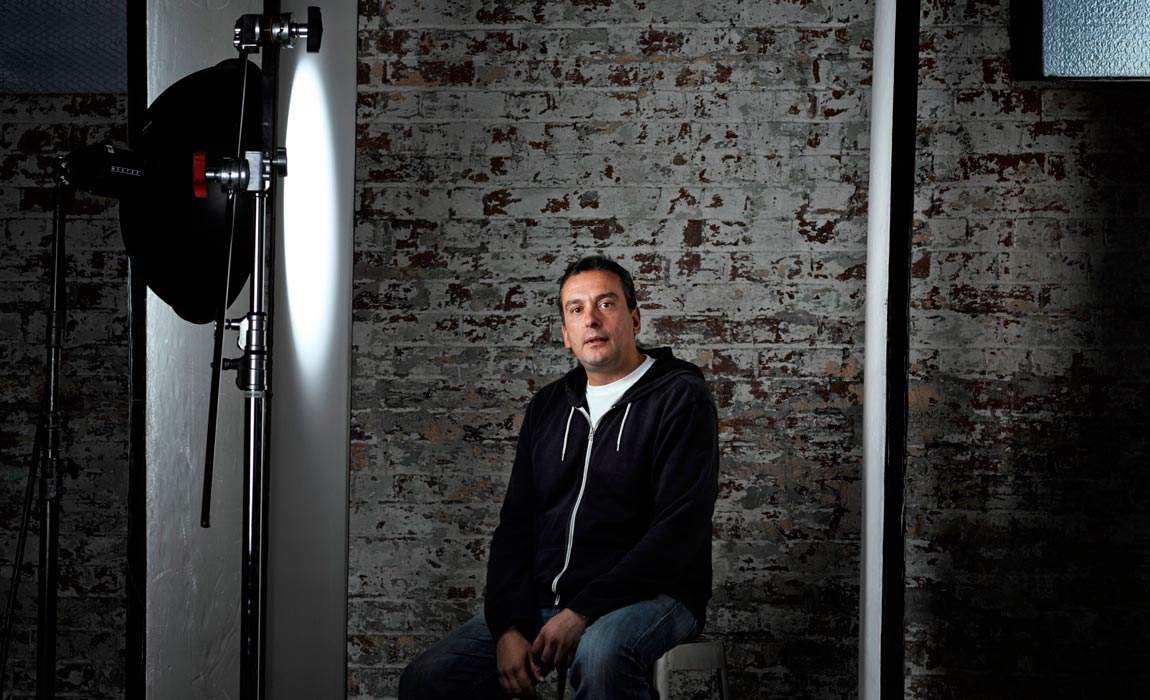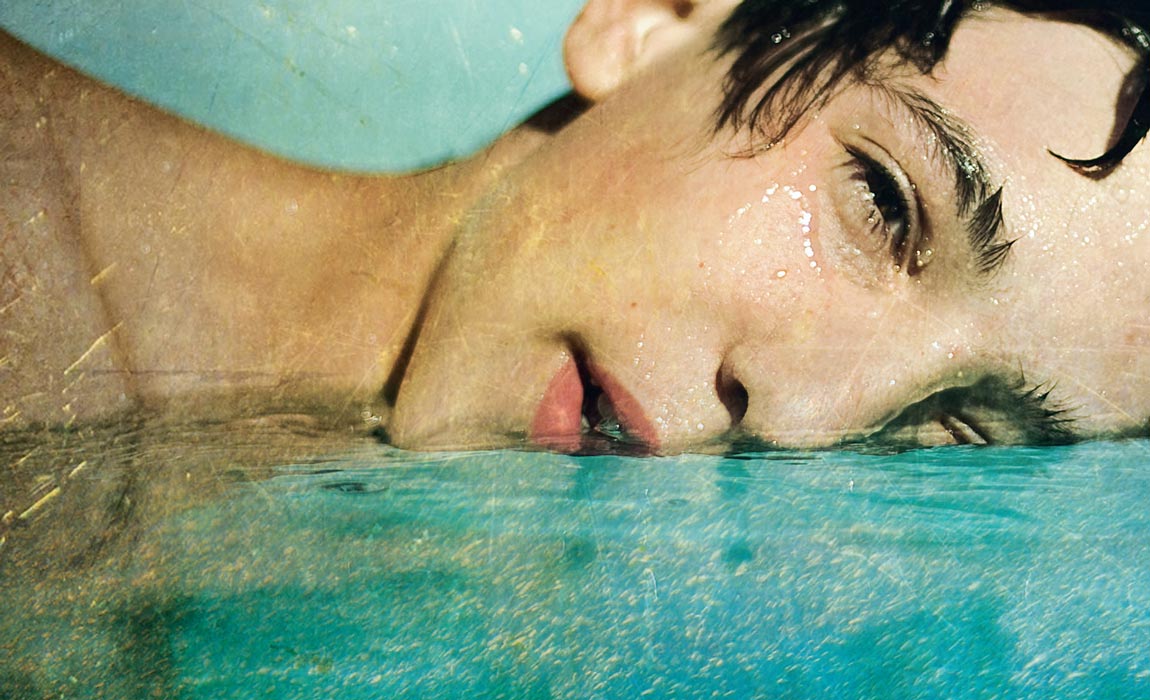Christos Tsiolkas Wants You to Fail
Australian author Christos Tsiolkas is back another novel Barracuda sure to get the nation talking.
Australian author Christos Tsiolkas is back with a new novel, Barracuda, sure to get the nation talking. The follow-up to 2008's agenda-setting, TV-destined hit, The Slap, it's an exploration of failure and how to come back from it. Ahead of his sold-out talk at the Festival of Dangerous Ideas, Christos spoke with Marcus Costello about the nature of failure.

You're a winner. And you don't have kids. Who are you to talk about teaching kids to fail?
Fair call. To be honest I'm very wary of telling anyone how they should lead their lives. The thing is, I believe you can only ever truly talk from your own lived experience. Everyone's failures and, for that matter, everyone's experience of parenthood is unique, so to speak on behalf of anyone else under the pretence that you're all part of a select group [parents] isn't really fair either. That said, you know, maybe because I'm not a parent I can think what's in the best interest of a generation of children, not just my child, my flesh and blood. I can ask the question: Have you come here to learn how to raise your kid to be the best or how to think about what's best for your kid's generation as a whole? I mean, if we care to think about it, the wholesale derailment of the education system by the private sector has failed so many underprivileged children. And yet, my guess is, were they able to afford it, most parents would want to send their kid to a private school, and in so doing, feed the beast.
But my talk isn't only about teaching children the virtues of failure. My talk is going to focus on how failure marks a certain adult relationship with Self and the world by way of moments in my life where I feel I've failed and the lacerating but ultimately rewarding experience of atoning for that failure.
But if one can atone then it's not true failure; it's just part of an eventual success story, no?
I see what you mean. Like, if you flick through any of those in-flight magazines there's always a profile of some celebrity that reads like an elaboration of a Nike advertisement or some dot-com entrepreneur in Forbes talking about how "failure made me stronger". My talk isn't going to be like that. The kind of professional failure I'm interested in exploring isn't so much a book that didn't sell well, but a book I've put out that betrayed my integrity or where I made lazy choices. I feel this way about my second novel, Jesus Man.
On a personal level I've failed as a friend, as a son, as a lover ... On a national level, and this is a central theme of my talk, the culture of ruthless materialism and political self-regard that has emerged over the past two generations strikes me as a moral failing.
That makes me think of a quote by Po Bronson I found while researching, "Failure is hard, but success is far more dangerous. If you're successful at the wrong thing, the mix of praise and money and opportunity can lock you in forever."
Yes! That's so accurate. The seduction of success is something we all need to keep in check because when we step into smaller and smaller social circles it's so easy to fall out of touch with the broader community.
How will you feel if your new novel Barracuda flops?
Come what may, I feel I've reached a certain point in my life where I know that, for the rest of my time here, writing is what I will do.
In that way you're fail-proof. I mean, if you think of yourself as destined to write, compelled by a force greater than commercial success, then you've beat the system.
I guess you're right. As an artist it's folly to single out any one work as the mark of failure or success — if you're true to what you do then you see everything you produce as building towards something greater. That said, if Barracuda flops I will be upset, but for other reasons. There are so many people around me who are invested in this book and in my success — I don't want to let them down.
Like The Slap your FODI talk is for an elite audience. The sad truth is that if anyone thinks anything of a child being slapped at a BBQ, that marks them as elite. To that end, how dangerous is any idea if you're only talking to those people who actually care to think about ideas?
Ah, yes, this is true, and such a hard thing to deal with. I guess I can only hope that what I say will spark conversations beyond the Opera House; that someone will listen to what I have to say and take that message to someone else and the word will filter out that way. I wish I had a better answer to that but I don't.
Barracuda is out now through Allen & Unwin. The Festival of Dangerous Ideas is on at the Sydney Opera House from November 2-4. Top image by John Tsiavis.






